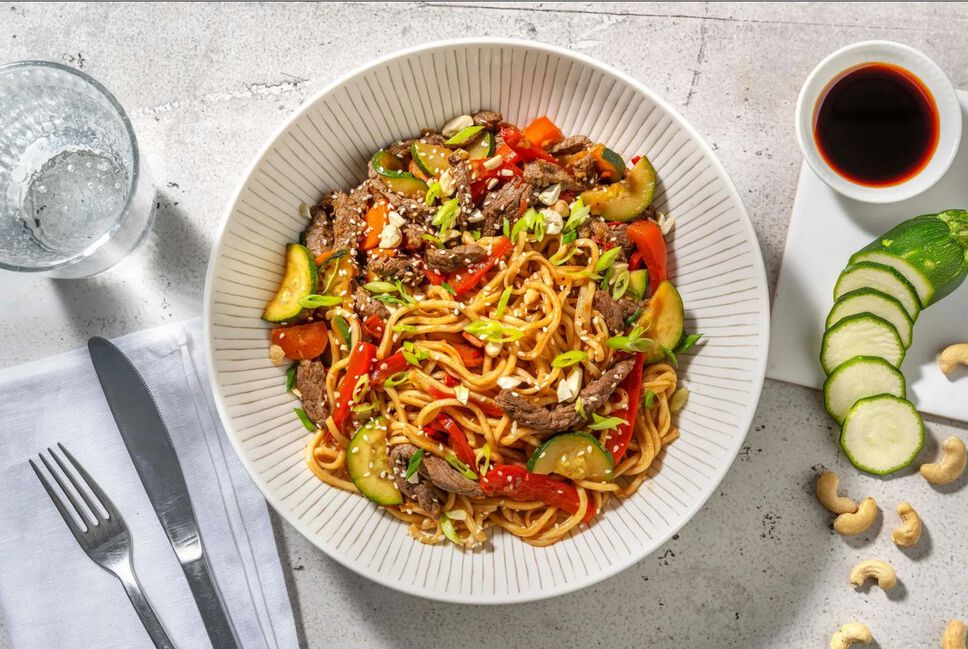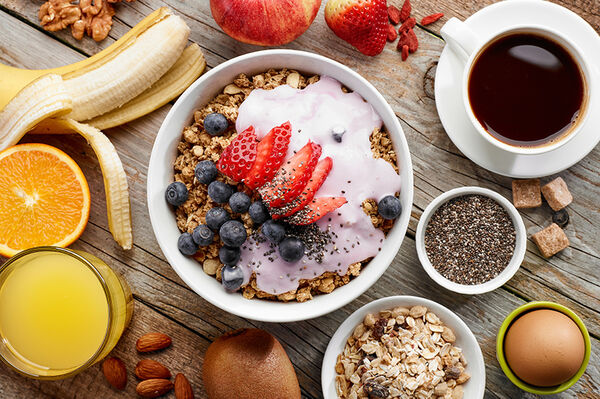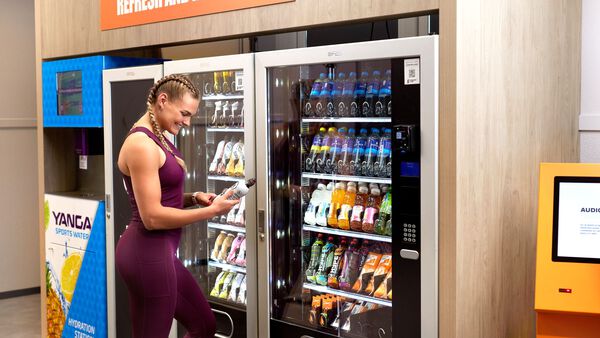Hey there! Do you regularly get confused by all that chatter about carbohydrates? It sometimes seems like we're flooded with information about what's good for us and what's not. Don't worry, this article is going to help you solve the mystery of carbohydrates. You dive into the world of fast and slow carbohydrates and discover why they are important for your body and energy. So, let us start with the basics: What are carbohydrates anyway?
What are carbohydrates?
Carbohydrates are your body's energy boosters. They're in all kinds of foods, from that crunchy bun you eat at lunch to the juicy apple you eat as a snack. Carbohydrates consist of sugar molecules that the human body converts into energy. They are like fuel for your daily activities and help you through those busy days. Now, let's look at the two main types of carbohydrates you often hear about: fast carbohydrates, also called simple carbohydrates. And the slow carbohydrates which are also known as complex carbohydrates.
Fast carbohydrates: The Energy Sprinters
Imagine taking a highway to get somewhere. Fast carbs are like that highway for your energy. They are quickly broken down and absorbed by your body, giving you a quick energy boost. But beware, this is like a short drive – you get that energy quickly, but it can also disappear quickly. Think of those cookies or that glass of soda. They give you a sudden kick, often after that comes the dip and there is a good chance that you will feel a bit tired.
Slow Carbohydrates: The Sustainable Energy Sources
Now imagine driving on a quiet, scenic route to get to your destination. Slow carbs are like those picturesque routes for your energy. They are slowly broken down and gradually absorbed, giving you a steady and long-lasting source of energy. Think of whole grain products, beans, and vegetables. These foods don't give you that quick kick, but they keep your energy up for a longer period of time. These carbohydrates are in many ways less stressful for your body. It doesn't have to work as hard to process these carbohydrates, so you get less tired of them.
The difference between fast and slow carbohydrates
Here is the thing – the difference is in how quickly your body converts the carbs. Fast carbohydrates cause a quick spike in your blood sugar levels, followed by a rapid drop. Slow carbs keep your blood sugar more stable, which means you will feel energized for a longer. time
Why are carbohydrates important?
Now you may be wondering, "Why is this important to me?" Well, here's the deal: it is all about balance. Fast carbs can be great if you need some energy quickly, such as before or after an intense workout. But if you're looking for a steady energy supply throughout the day, slow carbs are your best friend.
How do you apply fast and slow carbohydrates in your diet?
You don't have to throw everything overboard right away. Instead, try to make more conscious choices. Opt for whole grain products instead of white bread and enjoy those fast carbs once in a while if you need that extra boost. It's all about balance and listening to your body.
The secret lies in the combination! A smart approach is to include both types of carbohydrates in your daily diet. Start your day with a hearty breakfast of whole grains, such as oatmeal or whole wheat bread. This will give you a long-lasting energy boost to get through the morning. Then, if you've planned an intense workout, you can add some fast carbs, like a banana or an energy bar, for that extra kick. However, it's important to not overdo it with the fast guys, as otherwise your blood sugar can become a roller coaster ride.
After your workout, carbohydrates are also absorbed faster, and your body suffers less from them because your sugar stores are then quite empty. So, if you fancy a Snickers or Magnum, now is the time.
For lunch and dinner, you can go back to slow carbs by opting for vegetables, legumes, and whole grain pasta. That way you maintain a steady energy supply throughout the day, and you can prevent those peak moments. It's all about balance and listening to your body – and remember, there's no one-size-fits-all approach. Experiment, find out what works for you and enjoy that delicious mix of fast and slow carbs in your eating adventure.
So there you have it, the scoop about fast and slow carbs. It's about understanding what your body needs and how to give it the best fuel. Fast carbs for those short, vigorous rides and slow carbs for the longer, scenic routes. Remember, there is no right or wrong — it's about knowing what works for you and how to give yourself the best energy at the right time. So, the next time you order that sandwich or pick up that apple, you will know that you're the director of your energy!
*Disclaimer: This article is for informational purposes only and is not a substitute for professional medical advice. Always consult a qualified healthcare professional before making any changes to your diet or lifestyle. *




